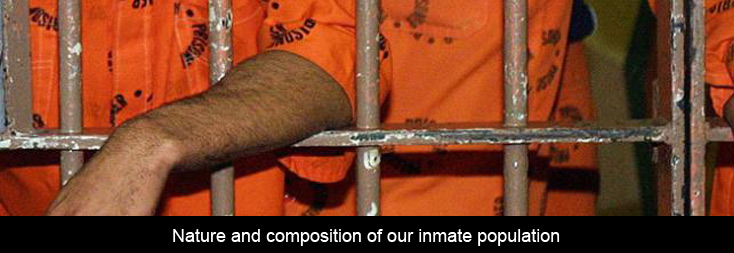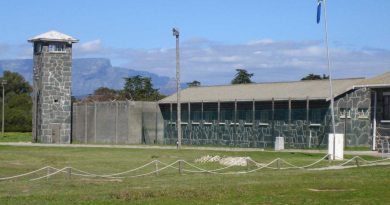Department of Correctional Services hosts a Victim-Offender Dialogue in Dundee

The Department of Correctional Services (DCS) will host a Victim-Offender Dialogue in Dundee, KwaZulu-Natal province today (Wednesday, 27 February 2013).
DCS is embarking on a renewed focus to bring victims of crime, offenders and communities together in a safe space where relationships can be restored and forgiveness sought.
A house, constructed by inmates, will also be handed over to a needy family. This family has been living in a one room shack since 1998, and were identified for assistance by the local municipality. DCS offered to build the house, utilizing offender labour.
On 28 November 2012, more than 3,000 people, including victims of crime, offenders, members of the public and government officials, attended the provincial launch of the Victim-Offender Dialogue at Secunda stadium in Mpumalanga province. This marked the first leg of a series of Victim-Offender Dialogues across the country.
The World Prison Brief currently places South Africa in the top ten in terms of our inmate population, and our rate of imprisonment is the highest in Africa. Crime originated in the community, and, therefore, the community should not only be an important role-player in reporting and preventing crime, but also, along with other role-players, in taking co-responsibility for the rehabilitation and re-integration of the offender into society.
To this end, the DCS is embarking on Victim-Offender Dialogues. The main thrust of this programme is to keep as many people as possible away from imprisonment through reconstruction of family units and community systems as well as victim support and empowerment, while pursuing the rehabilitation of those already incarcerated through well-managed rehabilitation programmes.
Correctional Services Minister Sibusiso Ndebele said the victim must be at the centre of corrections. “The objective of the Victim-Offender Dialogues is to put the victim back at the centre of the corrections system, as the victim is directly, and personally, affected by the criminal act of the offender. Equally, the offender must be given an opportunity to reflect on his or her wrongs and request forgiveness.
We want to create opportunities where various stakeholders defined as victims of crime, those affected personally, their families, communities, community-based organisations, non-governmental organizations, religious and spiritual bodies, educators, councillors and local leaders, will assemble together with offenders with a single purpose to rebuild our communities ravaged by crime.
We want to reinforce corrections programmes through music, reading for redemption, creative literature, the arts, cultural events, heritage renewal events, sporting events, formal education and acquisition of skills, economic renewal through cooperatives and enterprise development, spiritual growth and self-correcting interventions, among others. The trilogy of victim, offender and community must play a leading role in the implementation of the Victim-Offender Dialogues as corrections is a societal responsibility,” said the Minister.



